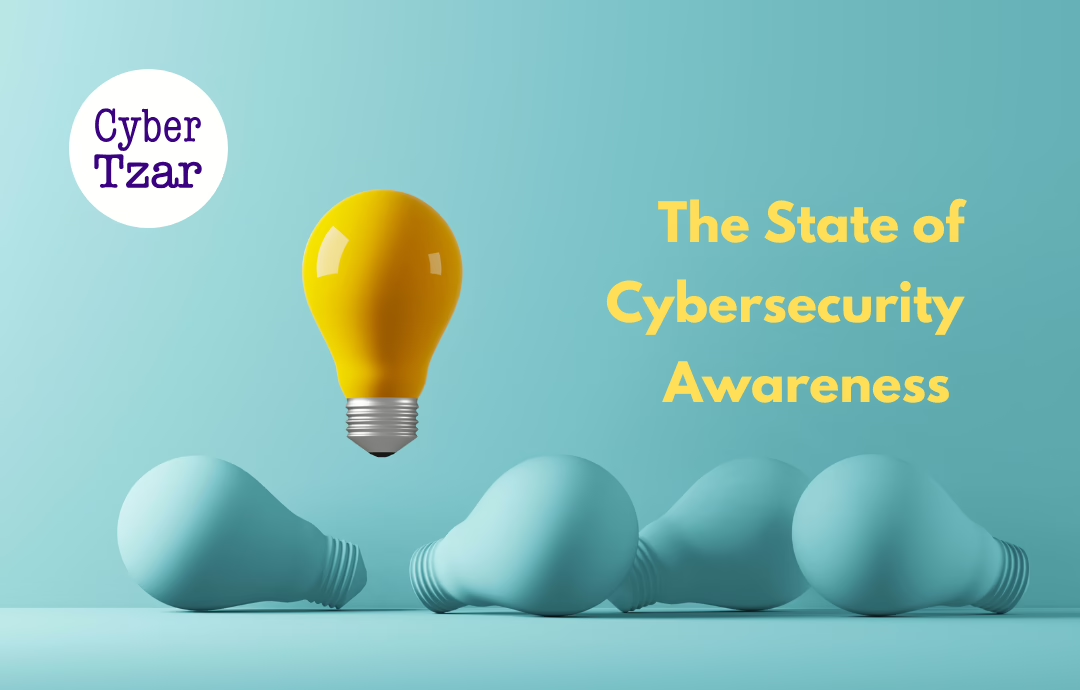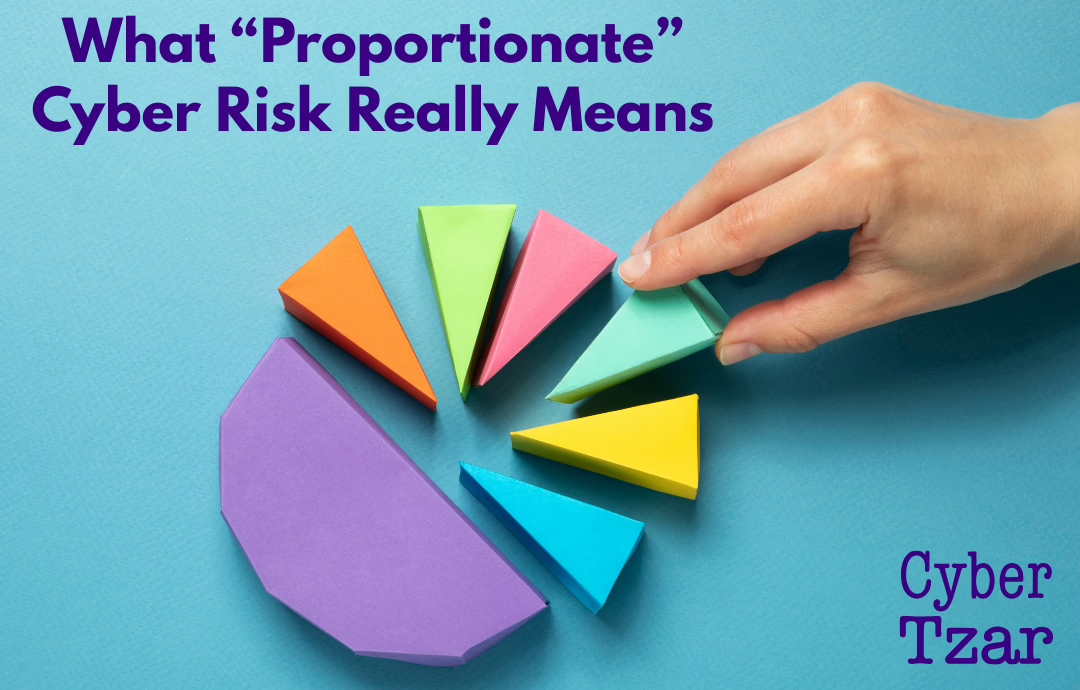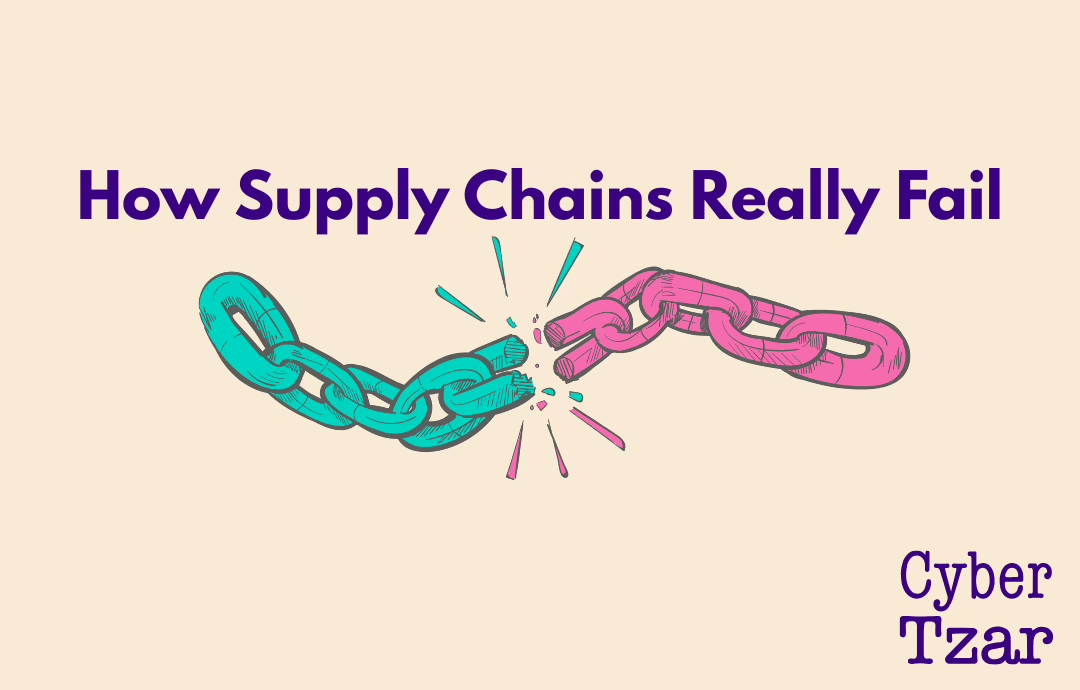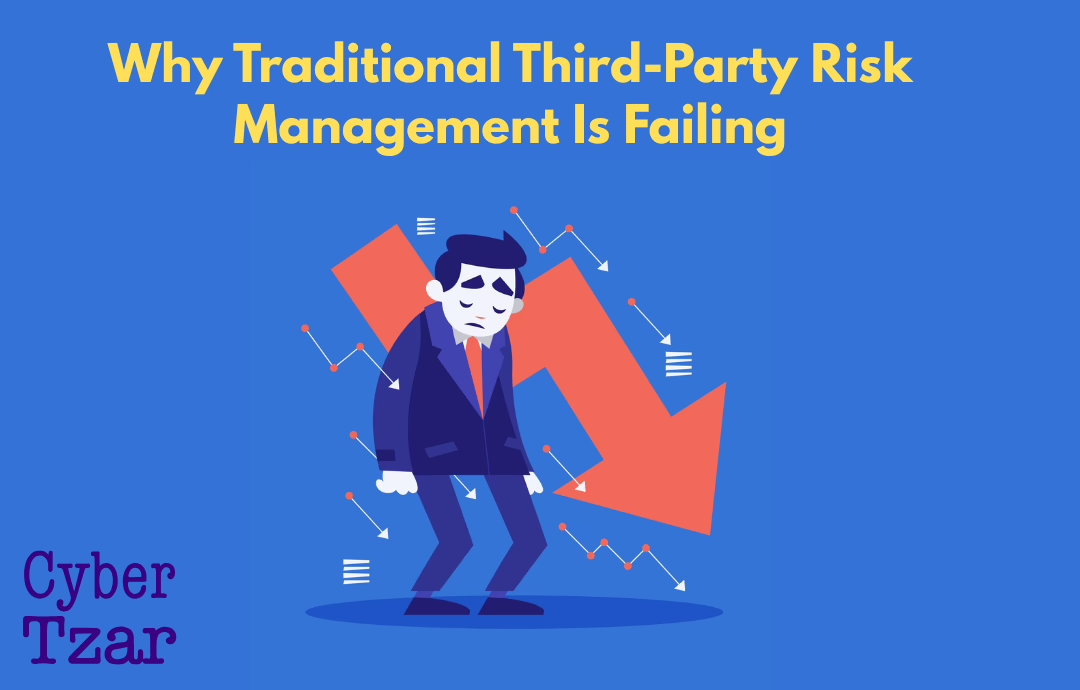The State of Cybersecurity Awareness in the UK – Challenges and Opportunities
Cybersecurity Awareness: A National Imperative
The UK’s cyber landscape reveals alarming gaps in awareness and practice. Despite the increasing prevalence of cyberattacks, only 3 in 10 UK companies undertake any form of cybersecurity assessment, and a mere 1 in 10 have any understanding of the security of their supply chains. These figures are deeply concerning, given the critical vulnerabilities inherent within supply chains and the ever-growing sophistication of cyber threats.
Moreover, Cyber Essentials, the UK’s foundational cybersecurity certification scheme, has assessed only 43,000 organisations since its inception. Considering there are an estimated 5.5 million actively trading businesses in the UK, this equates to approximately 0.78% of businesses—a strikingly small number. This underscores the need to scale up cybersecurity awareness and participation across the board.
The reliance on self-attestation mechanisms in frameworks like Cyber Essentials and ISO 27001 further highlights systemic flaws. While these frameworks provide valuable guidance, they often fail to ensure robust cybersecurity practices, particularly when assessments rely heavily on organisations’ own declarations.
The Enterprise Challenge
Large enterprises have made significant strides in securing their perimeters, yet only a tiny fraction have meaningful visibility into the risks within their supply chains. This lack of oversight poses a serious challenge. Supply chains often include hundreds, even thousands, of smaller organisations, many of which operate without any substantial cybersecurity measures in place.
For enterprises, managing supply chain risks is hard, costly, and fraught with issues. Current approaches are largely manual, static, and fail to reflect the dynamic nature of modern cyber threats. Even when enterprises undertake assessments, the process rarely provides actionable, real-time insights that are necessary for effective risk management.
SMBs: A Weak Link in the Cybersecurity Chain
Small and Medium Businesses (SMBs), which make up the bulk of UK organisations, face the starkest challenges. Lacking the resources, expertise, or incentives to invest in robust cybersecurity measures, SMBs remain highly vulnerable. This not only jeopardises their own operations but also creates cascading risks for enterprises that rely on them as suppliers or partners.
Economic and Legislative Pressures
The financial consequences of cyber breaches are sobering. Globally, the average cost of a data breach has risen to $4.45 million, according to IBM’s Cost of a Data Breach Report 2023. For SMBs, this cost averages around £150,000—a sum that could be devastating for smaller businesses.
At the same time, regulatory pressures are increasing. Recent trends point towards embedding cybersecurity obligations into corporate law, making directors directly responsible for ensuring their organisations’ cyber resilience. This shift further underscores the importance of proactive, effective cybersecurity strategies.
The Co-Dependence of Enterprises and SMBs
Enterprises and SMBs are deeply interconnected, and their mutual success depends on collaboration. Enterprises rely on SMBs for innovative products, specialized services, and flexibility that larger organizations often cannot provide. Meanwhile, SMBs benefit from the stability, resources, and broader market access that partnerships with enterprises can offer.
This co-dependence extends to cybersecurity. A breach at an SMB can have ripple effects across an enterprise’s operations, while an enterprise’s investment in supply chain security can uplift its smaller partners. By fostering a culture of shared responsibility, enterprises and SMBs can create a more resilient ecosystem where risks are minimized, and both parties thrive. Supporting each other is not just beneficial, it is essential in today’s interconnected digital economy.
Opportunities for Change
The challenges may be significant, but they are not insurmountable. Addressing these issues requires a collective effort to:
- Elevate cybersecurity awareness across all sectors, particularly among SMBs.
- Adopt scalable tools and frameworks that simplify risk management and compliance.
- Foster collaboration between enterprises and their supply chains to improve security standards.
- Invest in skills development to address the UK’s growing cyber skills gap.
By taking these steps, businesses can not only protect themselves but also contribute to a more resilient and secure digital economy.
Cybersecurity is not just a technical issue, it is a business imperative. Now is the time to act.
Contact us today to learn about our innovative approach to Enterprise Supply Chain Risk Management.
References
Here are the key data point claims from the provided text, each supported by relevant sources:
- Only 3 in 10 UK companies undertake any form of cybersecurity assessment, and a mere 1 in 10 understand the security of their supply chains. According to the UK’s Department for Digital, Culture, Media & Sport’s “Cyber Security Breaches Survey 2023,” only 13% of businesses review the risks posed by suppliers, indicating limited engagement with supply chain security. GOV.UK
- Cyber Essentials has assessed only 43,000 organisations since its inception, equating to approximately 0.78% of businesses. As of June 2023, over 190,000 Cyber Essentials certificates have been awarded, with 43,480 issued in the past 12 months. The UK has approximately 5.5 million actively trading businesses. GOV.UK
- The reliance on self-attestation mechanisms in frameworks like Cyber Essentials and ISO 27001 highlights systemic flaws. Cyber Essentials includes a self-assessment option, which may not provide the same assurance as independent verification. Similarly, ISO 27001 allows for self-assessments, which can lead to inconsistent compliance without third-party audits. NCSC
- Large enterprises have made significant strides in securing their perimeters, yet only a tiny fraction have meaningful visibility into the risks within their supply chains. The NCSC emphasizes that many companies lose sight of their supply chains, with few UK businesses setting minimum security standards for their suppliers. NCSC
- Managing supply chain risks is hard, costly, and fraught with issues. Current approaches are largely manual, static, and fail to reflect the dynamic nature of modern cyber threats. The NCSC notes that organizations often face challenges such as limited visibility into supply chains and insufficient tools to evaluate suppliers’ cyber security. NCSC
- Small and Medium Businesses (SMBs) face stark challenges, lacking resources, expertise, or incentives to invest in robust cybersecurity measures. The NCSC highlights that smaller organizations may have low recognition or understanding of the risks that poor supply chain cyber security can pose. NCSC
- Globally, the average cost of a data breach has risen to $4.45 million, according to IBM’s Cost of a Data Breach Report 2023. For SMBs, this cost averages around £150,000—a sum that could be devastating for smaller businesses. IBM’s “Cost of a Data Breach Report 2023” indicates that the global average cost of a data breach is $4.88 million. IBM



